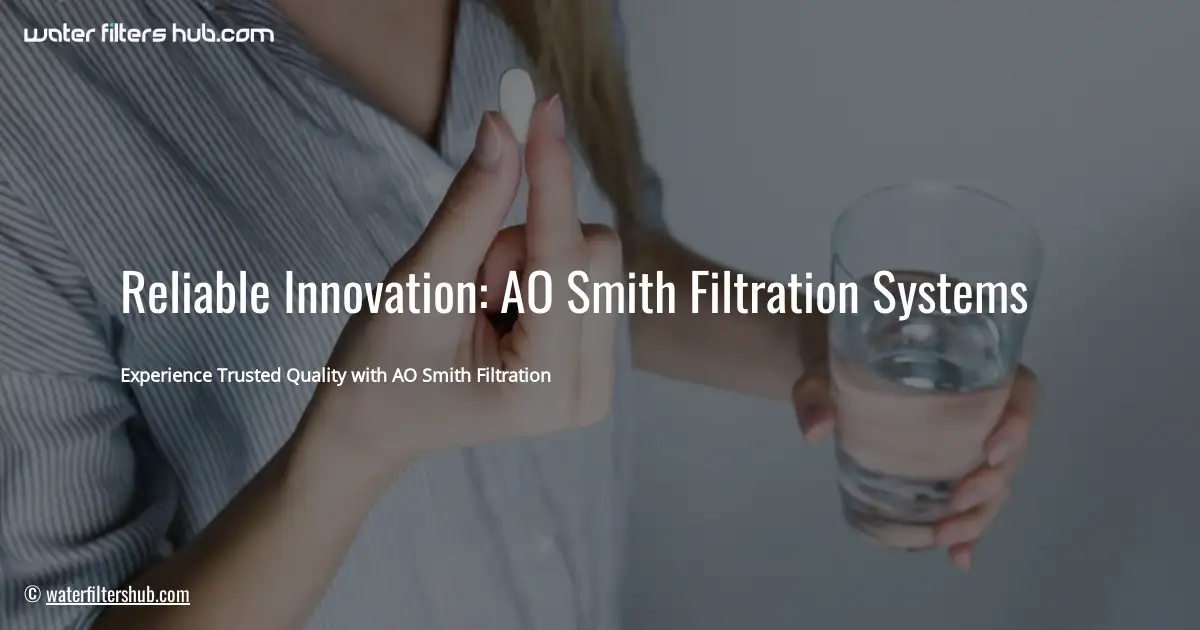Understanding the Lifespan of Various Water Filters
Water is the elixir of life, sustaining us and keeping us healthy. But with the increasing presence of contaminants in our water sources, it’s more important than ever to have a reliable way to purify it. Water filters, like vigilant guardians, stand ready to protect us from harmful impurities, ensuring that every sip we take is a refreshing and revitalizing experience.
Activated carbon filters are the most common type of water filter, and they’re known for their ability to remove a wide range of contaminants, including chlorine, pesticides, and heavy metals. They’re also relatively inexpensive and easy to maintain.
The lifespan of an activated carbon filter depends on a number of factors, including the quality of the water you’re filtering, the amount of water you use, and the type of contaminants you’re trying to remove. On average, activated carbon filters last for about 2-6 months.
Here’s a table that summarizes the lifespan of different types of water filters:
| Filter Type | Average Lifespan |
|---|---|
| Activated Carbon | 2-6 months |
| Reverse Osmosis | 2-5 years |
| Ultrafiltration | 1-3 years |
| Distillation | 5-10 years |
As you can see, activated carbon filters have the shortest lifespan of all the types of water filters. However, they’re also the most affordable and easiest to replace. If you’re looking for a water filter that’s affordable and easy to maintain, an activated carbon filter is a good option.
The lifespan of activated carbon filters is influenced by several factors that can shorten or extend their effectiveness. These include:
- Water usage: The more water you use, the faster the filter will become saturated with contaminants and need replacing.
- Contaminants present: The type and concentration of contaminants in your water can also affect the filter’s lifespan. For example, high levels of chlorine or sediment can clog the filter more quickly.
Reverse osmosis (RO) filters are known for their impressive filtration capabilities, effectively removing a wide range of contaminants. They typically boast an average lifespan of 2-5 years, making them a long-lasting investment in your water quality. However, like any filter, their lifespan can vary depending on several factors.
One crucial factor is the condition of the RO membrane. This semipermeable membrane is the heart of the filter, responsible for separating impurities from water. If the membrane becomes damaged or clogged, the filter’s efficiency will decline, and its lifespan will be shortened. Regular maintenance, such as flushing the filter and replacing the membrane according to the manufacturer’s recommendations, can help extend the RO filter’s lifespan.
Water pressure also plays a significant role in the lifespan of RO filters. These filters require a certain level of water pressure to operate effectively. If the water pressure is too low, the filter may not be able to force water through the membrane, reducing its effectiveness. Conversely, excessively high water pressure can damage the membrane, shortening its lifespan. Maintaining optimal water pressure is essential for ensuring the longevity of RO filters.
Lifespan of Ultrafiltration Filters 💧
Ultrafiltration (UF) filters are a popular choice for removing impurities from water. They use a semi-permeable membrane to trap contaminants while allowing water molecules to pass through. The average lifespan of UF filters ranges from 1 to 3 years. ⌛️
The lifespan of a UF filter can be affected by several factors, including:
- Pore size: Smaller pore sizes remove more contaminants but can clog more quickly.
- Water quality: Water with high levels of sediment or other particles can shorten the filter’s lifespan. 💦
- Flow rate: Higher flow rates can put more stress on the filter, leading to premature failure. 💨
Signs of a Need for Filter Replacement:
- Reduced water flow
- Cloudy or discolored water
- Strange taste or odor
- Increased sediment
HOW LONG DO WATER FILTERS LAST ON YOUTUBE
Distillation filters stand tall among their water-purifying peers, boasting an impressive lifespan of 5-10 years. ⌛️ These filters work their magic by boiling water and capturing the steam, leaving behind impurities. However, like all good things, they require a little TLC to keep them performing at their best. Regular maintenance, such as cleaning and flushing, can help extend their lifespan and keep your water sparkling. 💧
Factors Affecting Lifespan
Just like your favorite pair of shoes, distillation filters have a few factors that can influence their longevity:
- Maintenance: Neglecting your filter’s maintenance can lead to mineral buildup, which can shorten its lifespan. 🔧
- Mineral Buildup: Hard water can leave behind mineral deposits on your filter, potentially reducing its efficiency and lifespan. 💧
Signs of a Need for Filter Replacement
Sediment buildup in your water filter is a telltale sign that it’s time for a change. Imagine your filter as a hardworking sponge, diligently trapping impurities from your water. But over time, just like a sponge becomes saturated, your filter can become overwhelmed with sediment.
This buildup can restrict water flow, making it harder for clean water to pass through. You may notice a noticeable decrease in water pressure or a slow, sluggish stream from your faucet. It’s like trying to squeeze water through a clogged straw – it just doesn’t flow as easily.
Sediment buildup can also lead to a cloudy or discolored appearance in your water. Picture a once-clear glass of water turning murky or tinged with an unusual hue. This is a sign that your filter is struggling to keep up with the sediment load, allowing impurities to slip through.
If you’ve noticed any of these signs, it’s time to give your water filter a fresh start. Replacing it with a new one will restore optimal water flow and ensure you’re drinking clean, sediment-free water.
“Knowledge is power,” right? Well, the same goes for water filter maintenance. Keeping track of your water usage helps you anticipate when your filter might need a change. Just like a car needs regular oil changes based on mileage, your water filter needs attention based on how much water it’s processing. By monitoring your usage, you can avoid the dreaded “surprise” of a clogged or ineffective filter.
Factors Affecting Filter Lifespan
“Water quality is the foundation of filter longevity,” I say with a nod. “Hard water, laden with minerals like calcium and magnesium, can clog filters prematurely. Conversely, soft water flows through filters more effortlessly, extending their lifespan.”
| Water Quality | Filter Lifespan |
|---|---|
| Hard Water | Shorter Lifespan |
| Soft Water | Longer Lifespan |
Contaminant Load
“The amount of contaminants in your water is like a battlefield for filters,” I explain. “High levels of sediment, chlorine, or heavy metals can overwhelm filters, reducing their lifespan.”
| Contaminant Load | Filter Lifespan |
|---|---|
| High Contaminant Load | Shorter Lifespan |
| Low Contaminant Load | Longer Lifespan |
Conclusion
Importance of Regular Filter Replacement
Water filters are essential for ensuring the quality and safety of our drinking water. Regular filter replacement is crucial to maintain their effectiveness and protect our health. “A stitch in time saves nine,” as the saying goes. By proactively checking and replacing water filters, we can avoid costly repairs or health issues down the road.
Call to Action
Don’t let your water filter become a ticking time bomb. Make it a habit to check and replace your filters regularly. It’s a small investment that can pay dividends in terms of your health and well-being. Remember, “Prevention is better than cure.” So, let’s all be proactive and ensure our water filters are working optimally.
[PDF] GETTING THE MOST OUT OF YOUR FILTER MEDIA
PFAS AND FILTERS OR ALTERNATE WATER – STATE OF MICHIGAN
HOW TO RECYCLE WATER FILTER CARTRIDGES
WHAT IS WATER FILTER AQUARIUM
HOW MUCH ARE BRITA WATER FILTERS
HOW TO CHANGE WATER FILTER BRITA
WHAT IS WATER FILTER AQUARIUM







Leave a Reply